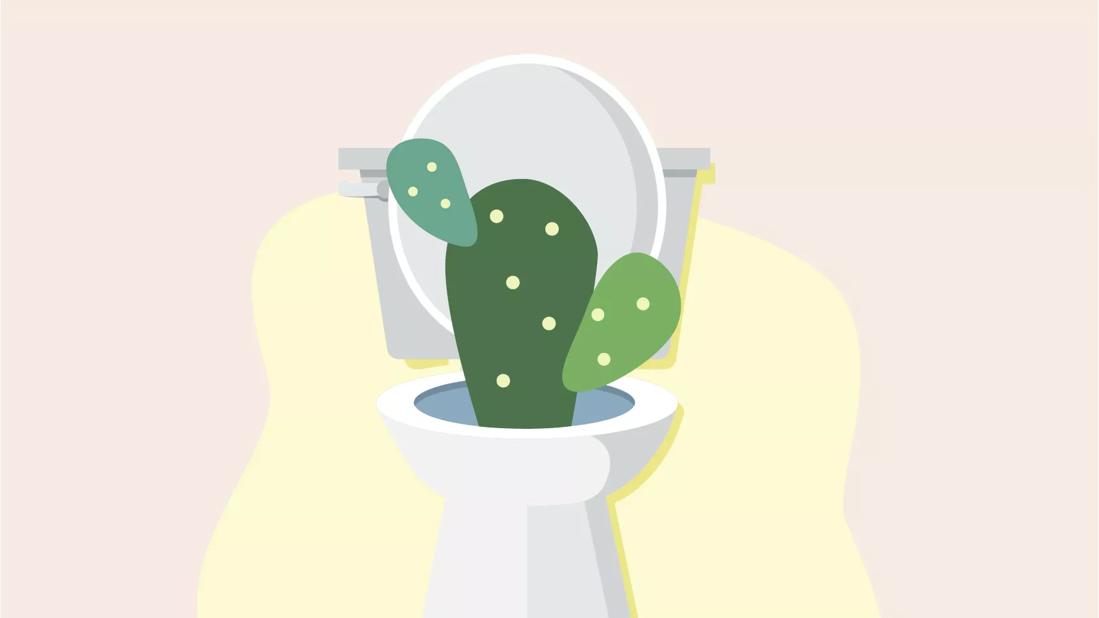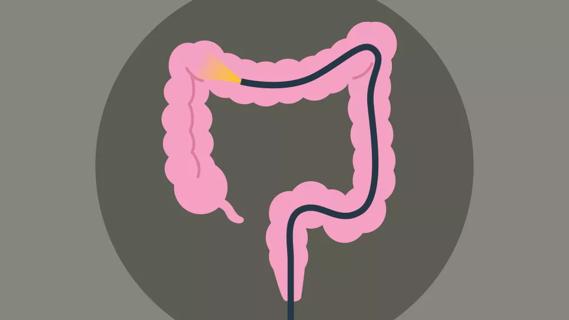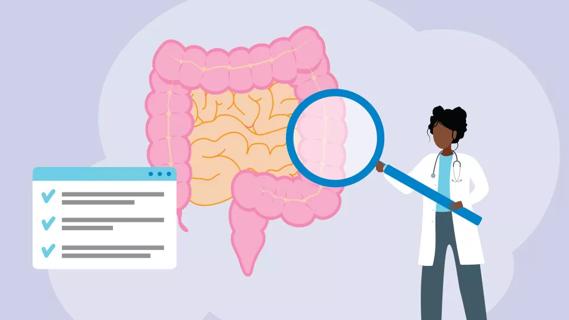Avoid making your symptoms worse with these tips

If you have hemorrhoids, you have plenty of treatment options at your disposal. But if you have hemorrhoids, you’d probably advise others to avoid getting them in the first place.
Cleveland Clinic is a non-profit academic medical center. Advertising on our site helps support our mission. We do not endorse non-Cleveland Clinic products or services. Policy
Hemorrhoids — swollen, inflamed venous cushions in your anal canal — can be occasionally painful and itchy and can cause bleeding. But it’s possible to avoid these irritating symptoms with some simple lifestyle changes.
Colorectal surgeon Arielle Kanters, MD, explains five simple ways you can prevent hemorrhoids and how certain lifestyle changes can make the world of difference.
Everyone has hemorrhoids. Located near your anus, they are several internal and external blood vessels that supply blood to the entire area. It’s only when these blood vessels start to swell and become inflamed that they present a problem that can be quite painful. Here are a few things you can do to prevent those blood vessels from swelling.
This sounds like common-sense advice, but too many people ignore it. If you delay using the bathroom, your stool (poop) may become hard and dry in your bowel, which makes it harder to pass. If you strain to pass stool, your risk for developing hemorrhoids increases.
Speaking of straining, don’t force a bowel movement when you don’t need to go. Straining increases the pressure on your venous cushions, which leads to hemorrhoids. In particular, straining can turn internal hemorrhoids into external ones.
Think of your time in the bathroom as a necessity, not an extended escape. If your toilet has stacks of magazines or books on the water tank, consider moving them to another room. Don’t take your phone into the toilet area — no browsing Facebook, Instagram, Snapchat, Twitter or playing games.
Why? The more time you spend on the toilet, the more likely you’ll strain for bowel movements. Also, the seated position puts extra stress on your anal blood vessels. Both of these factors boost your risk of hemorrhoids.
To prevent hemorrhoids, you want stool that is soft and easy to pass. You can reach the right consistency by making smart diet choices and drinking plenty of water to avoid dehydration.
A lack of fiber is the most common culprit. For example, if you find yourself constipated, try getting more fiber from green vegetables, fruits and 100% whole grains. Fiber can help you avoid constipation, and constipation — which leads to straining — is a risk factor for hemorrhoids.
Fiber comes with a warning, though. Some people have what we call “slow transit constipation.” Their bowels move slower than normal. For these people, excess fiber tends to sit in their gut and make constipation worse.
Also, listen to your body and avoid foods that irritate your bowels. For some people, the lactose in dairy products is an irritant. For others, it’s gluten or too many refined foods.
Moderate exercise helps improve or prevent many bowel and digestive issues, including hemorrhoids. When you’re sedentary, everything slows down, including your bowels.
Exercise helps keep waste moving through your intestinal tract. In turn, this helps you avoid constipation and dry, hard stool. Walking, running short distances, biking, yoga — take your pick, but choose an active lifestyle.
But a note of caution if you have hemorrhoids: Avoid heavy-duty weight-lifting squats and similar motions that increase abdominal pressure. If you’re trying to prevent hemorrhoids, these exercises can do more harm than good.
If your symptoms change or bleeding increases, see your doctor and get your symptoms evaluated. Not all hemorrhoid treatment options are surgical. You may need an assessment to rule out other diseases.
There are a few smaller things you can do daily that’ll help, too, including:
Learn more about our editorial process.

Some symptoms you can treat at home, but others require a visit to the doctor

You may be causing the problem yourself

They might not be fun, but colonoscopies are low-risk, high-reward procedures

Misleading claims, lack of scientific evidence and the risk of over-doing it are all concerns

It’s more than just avoiding gluten — it’s also important to focus on your mental and emotional health

Talk to your employer, ask for accommodations and manage your stress

Seeking help through therapy can be an important step in improving your quality of life when you have UC

If you’re at average risk, it’s recommended that you get your first colonoscopy at age 45

Your metabolism may torch 1,300 to 2,000 calories daily with no activity

A gentle touch in all the right places may help drain your sinuses